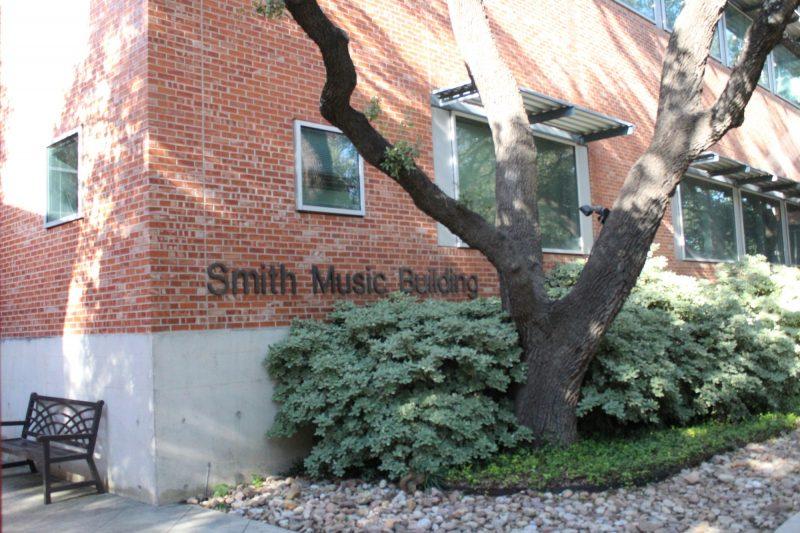A significant part of adjusting to collegiate life is trying new forms of self-expression, whether that be creating a painting or participating in a performance. To facilitate students’ exploration, Trinity’s campus offers a wide variety of studio facilities and musical resources.
“As a rule, [studio] spaces are typically dedicated to current students enrolled in our classes. In order for a student that’s not in our classes to ask to help with a special project, they may always approach the department and request assistance,” said Randy Wallace, studio manager of the art department. “On one level, they may just need help with design — like how to design something — so I might give them advice on how to assemble a project or what materials to use. I’ve also met students outside of class if they need help cutting a piece of wood or prepping a material.”
The rationale for limiting resources stems from both security and budgetary reasons.
“We have students who are enrolled in classes pay a studio fee, and that money goes to supply the courses in which they’re enrolled. So if anyone not enrolled comes [to use the studio], we would have the tools and the workshop for whichever area we’re working at, but they’d have to provide the consumables. But we would work that out on a case-by-case basis,” Wallace said. “We’re open to [providing access to non-enrolled students], but en masse we couldn’t accommodate the entire student body just floating in to do projects. We’re just not set up that way, as a common space.”
While the department encourages students to enroll in a class to get a formal and in-depth introduction, there are additional routes for those interested.
“But one avenue that is open to all students on campus is the art club, Trinity Art Collective,” Wallace said, “they do a number of activities, and you don’t have to be an art or art history major to participate in that club. … That would be a great opportunity for someone who is interested in doing some artwork, who doesn’t have much experience but wants to be surrounded by the process and see what’s going on with the department. We also welcome any student to visit with our faculty and get to know what we’re doing.”
For anyone interested in music, James Worman — professor of music and coordinator of winds and percussion — explained how the facilities are operated in his department.
“Really, musical facilities are open to all students — similar to any other department on campus. Students can take classes irrespective of their major, they can join ensembles irrespective of their major and they can take lessons,” Worman said. “As far as facilities, we do have practice rooms, and the only policy about student access to practice rooms is that they’re involved somehow formally with the department, either through lessons or ensemble participation. That’s really more of a security and safeguard aspect, so that the department has oversight that nothing gets stolen, misused, etc.”
Though the music department has limitations on instrument lending, students still have opportunities to experiment with learning instruments.
“The one area that the department is not in a position to provide is sort of instruments or facilities available to students in an informal, exploratory way,” Worman said. “And it really has to do with budget and inventory and oversight and those kinds of things. The two areas that we do try to provide a new, exploratory experience for students is with class guitar and class piano.”
David Heller, chair of the music department, encourages student involvement in ensembles even if the audition process is intimidating.
“I would say, do an audition anyway,” Heller said. “Meet with the conductors. All of the conductors who lead these different ensembles are approachable, wonderful human beings. … If you’re honest and upfront with them, they’re glad to meet. If you’re interested in the piano class, come talk. Ensembles auditions are going on all through this week at varying times. Anyone could check on the different bulletin boards in the music department to check on those dates and times.”
“Just be brave,” Heller said, giving his advice for interested students. “Try it — follow your heart. If you have an interest in one of the ensembles or one of the classes, give it a shot. We have a lot to offer here and a lot of that’s geared to people who are not necessarily majors or minors.”







